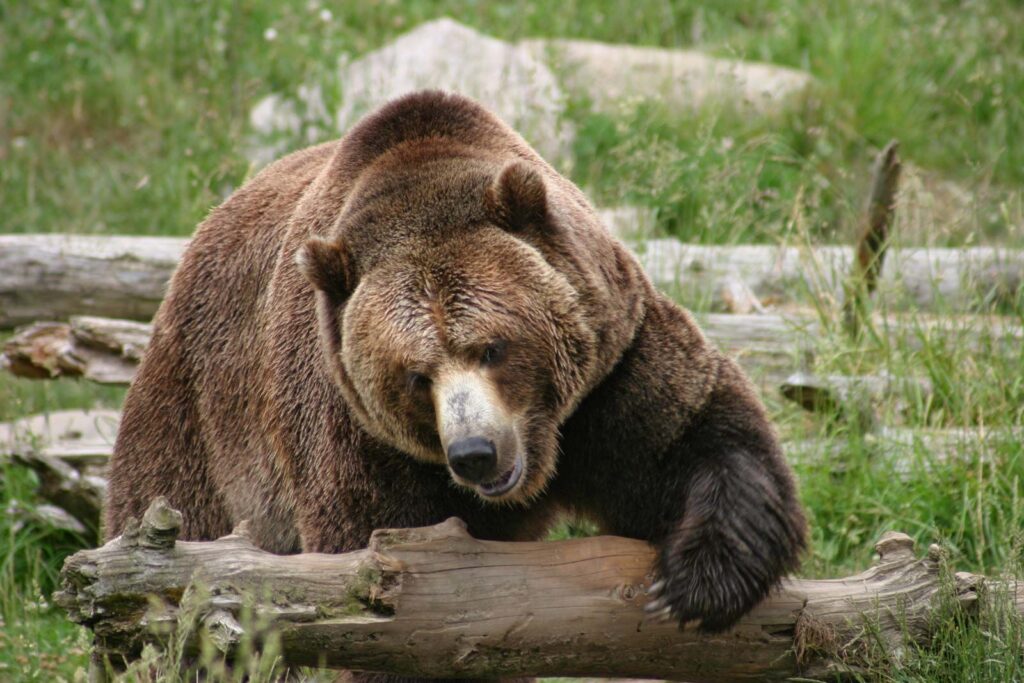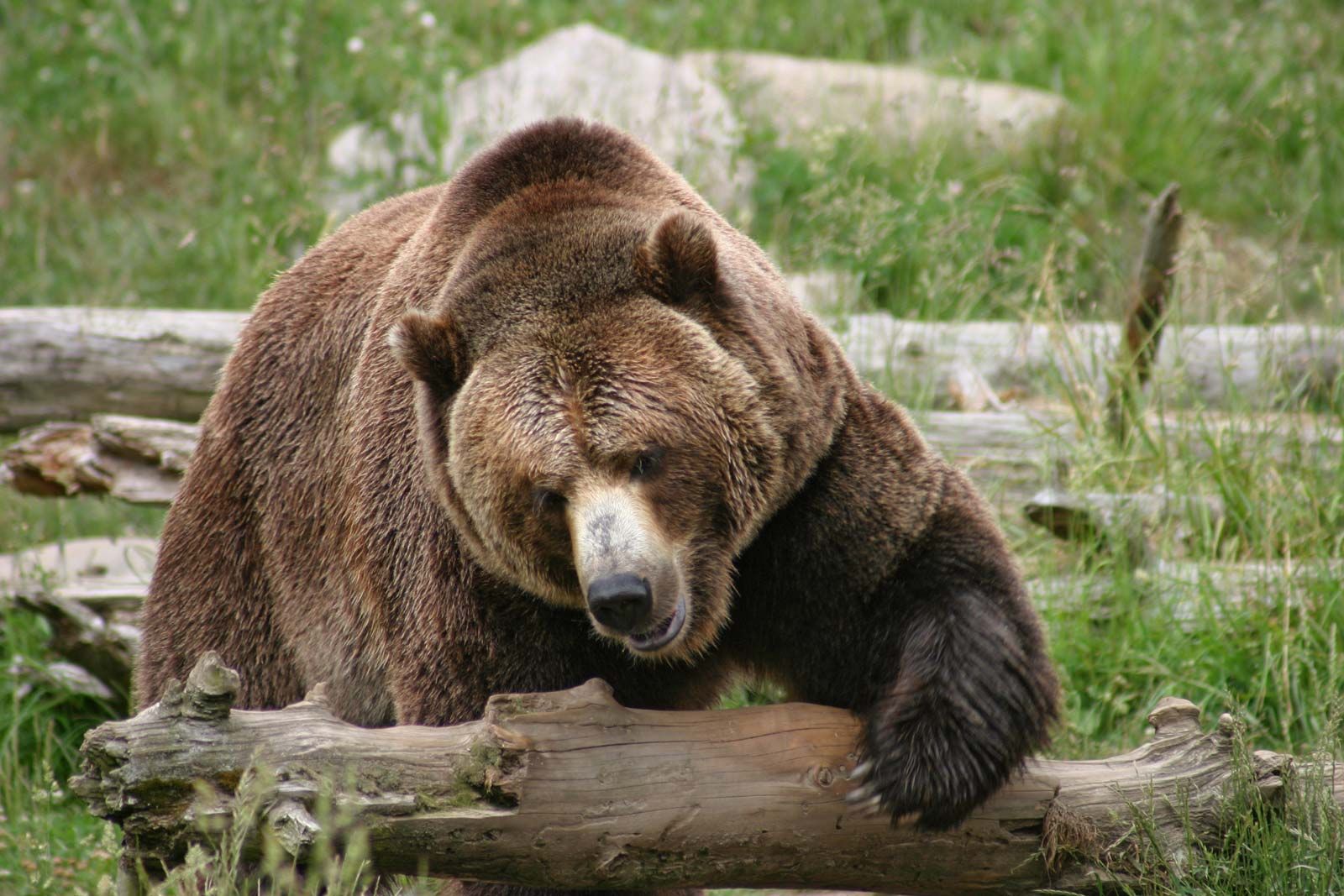
Unraveling the Enigma of ‘Grizzle Grizzle’: Exploring Its Meanings and Manifestations
The term “grizzle grizzle” might sound peculiar at first. It evokes a sense of something aged, perhaps weathered, or even a repetitive complaint. But what does it truly mean? This article delves into the potential meanings and manifestations of “grizzle grizzle,” exploring its origins, usage, and implications across different contexts. We aim to provide a comprehensive understanding of this intriguing phrase and its various interpretations. Understanding the nuances of “grizzle grizzle” can enrich our vocabulary and sharpen our interpretative skills. Whether it’s used to describe a physical texture, a state of mind, or a specific type of sound, “grizzle grizzle” carries a weight of experience and a hint of persistence.
The Etymological Roots of ‘Grizzle’
To understand “grizzle grizzle,” we must first examine the root word: ‘grizzle’. “Grizzle” as a single word has several meanings. It can refer to hair that is streaked with gray, suggesting age or experience. It can also describe a state of complaining or grumbling in a low, indistinct voice. The Oxford English Dictionary traces the word back to the Old English ‘gris’, meaning gray. Over time, “grizzle” evolved to encompass not only the color but also the associated characteristics of age and discontent.
The repetition of “grizzle grizzle” amplifies these meanings. It suggests a persistent state of being, a recurring condition, or a continuous action. It’s more than just a fleeting moment; it’s an ongoing process. The doubling effect emphasizes the weight and significance of the term.
‘Grizzle Grizzle’ as a Descriptive Term
One potential interpretation of “grizzle grizzle” is as a descriptive term. Imagine an old, weathered wooden fence, its surface rough and uneven. The texture might be described as “grizzle grizzle,” implying a coarse, uneven feel, marked by age and exposure to the elements. Similarly, a rocky landscape, scarred by years of erosion, could also be characterized as “grizzle grizzle.” In this context, the phrase evokes a sense of time and the relentless forces of nature. The descriptive use of “grizzle grizzle” paints a vivid picture, appealing to the senses and creating a lasting impression.
Consider also the appearance of a grizzled old dog, with fur that’s a mixture of grey and darker shades, perhaps matted and unkempt from years of adventures. Describing this dog as having a “grizzle grizzle” coat provides an immediate and evocative image. It speaks to the dog’s age, resilience, and perhaps a bit of neglect. The phrase encapsulates the dog’s history and character in a concise and impactful way.
‘Grizzle Grizzle’ as an Expression of Discontent
Another possible interpretation of “grizzle grizzle” relates to a state of discontent or complaint. Think of someone constantly grumbling under their breath, never quite satisfied, always finding something to criticize. Their behavior could be described as “grizzle grizzle.” This usage implies a low-level, persistent dissatisfaction that permeates their interactions and outlook. It’s not an outright outburst of anger or frustration, but rather a simmering undercurrent of negativity.
Imagine a group of elderly gentlemen sitting on a park bench, engaging in a perpetual cycle of complaints about the younger generation, the rising cost of living, and the general decline of society. Their conversation could be aptly described as “grizzle grizzle.” It’s a repetitive and often unproductive form of communication, characterized by negativity and a lack of constructive solutions. The phrase captures the essence of their perpetual dissatisfaction.
The Sound of ‘Grizzle Grizzle’
Beyond the visual and emotional connotations, “grizzle grizzle” can also refer to a specific type of sound. Imagine the rustling of dry leaves in the wind, a low, scratchy sound that persists throughout the autumn afternoon. This sound could be described as “grizzle grizzle.” It’s a subtle but constant noise, characterized by its dryness and lack of distinctness. The phrase captures the auditory experience in a concise and evocative way.
Consider the sound of an old engine struggling to start, a series of sputtering and grinding noises that eventually give way to a reluctant roar. This sound could also be characterized as “grizzle grizzle.” It’s a mechanical noise that suggests age, wear and tear, and a certain degree of unreliability. The phrase encapsulates the auditory experience and its associated connotations.
‘Grizzle Grizzle’ in Modern Usage
While “grizzle grizzle” may not be a commonly used phrase, its potential applications are vast. It can be used in literature to create a specific mood or atmosphere, in journalism to describe a particular situation or event, or even in everyday conversation to add a touch of color and nuance to our language. The key to effectively using “grizzle grizzle” lies in understanding its various connotations and choosing the interpretation that best fits the context.
In contemporary writing, “grizzle grizzle” could be used to describe the state of a neglected urban area, highlighting its decay and disrepair. It could also be used to characterize a political climate marked by constant infighting and negativity. The phrase’s versatility allows it to be applied to a wide range of subjects and situations, making it a valuable tool for writers and speakers alike. The enduring quality of “grizzle grizzle” makes it a relevant term even in today’s rapidly changing world.
Examples of ‘Grizzle Grizzle’ in Context
- “The old house stood on the hill, its paint peeling and its timbers weathered, a testament to years of neglect. Its appearance could only be described as ‘grizzle grizzle’.”
- “The politician’s speech was filled with complaints and criticisms, a constant stream of negativity that left the audience feeling drained. It was nothing but ‘grizzle grizzle’.”
- “The sound of the rusty gate creaking in the wind was a haunting reminder of the past, a mournful ‘grizzle grizzle’ that echoed through the empty courtyard.”
The Allure of ‘Grizzle Grizzle’
Despite its potentially negative connotations, there’s a certain allure to the phrase “grizzle grizzle.” It speaks to the resilience of things that have endured the test of time, the quiet strength of those who have weathered life’s storms, and the enduring power of simple, unadorned expression. It reminds us that beauty can be found even in the rough edges and imperfections of the world. The phrase “grizzle grizzle” offers a unique perspective on aging, experience, and the subtle beauty of decay.
The continued relevance of “grizzle grizzle” lies in its ability to evoke a sense of history and authenticity. In a world increasingly dominated by artificiality and fleeting trends, the phrase offers a connection to something more real and enduring. [See also: The Power of Descriptive Language] The “grizzle grizzle” nature of something often implies a deeper, richer story waiting to be uncovered.
Conclusion: Embracing the Nuances of ‘Grizzle Grizzle’
In conclusion, “grizzle grizzle” is a multifaceted phrase with a range of potential meanings and applications. Whether it’s used to describe a physical texture, a state of mind, or a specific type of sound, it carries a weight of experience and a hint of persistence. By understanding the nuances of “grizzle grizzle,” we can enrich our vocabulary and sharpen our interpretative skills. So, the next time you encounter something that seems a bit rough around the edges, a bit worn down by time, or a bit inclined to complain, consider whether it might be aptly described as “grizzle grizzle.” You might be surprised at the depth of meaning you uncover. The phrase “grizzle grizzle” encapsulates a complex blend of aging, weathering, and persistent discontent. The essence of “grizzle grizzle” lies in its ability to convey a sense of enduring imperfection. The power of “grizzle grizzle” resides in its evocative imagery and emotional resonance. The subtle charm of “grizzle grizzle” is found in its honesty and authenticity. The enduring appeal of “grizzle grizzle” lies in its connection to the past. The phrase “grizzle grizzle” serves as a reminder that beauty can be found in unexpected places. The “grizzle grizzle” nature of something often speaks to its unique character and history.

